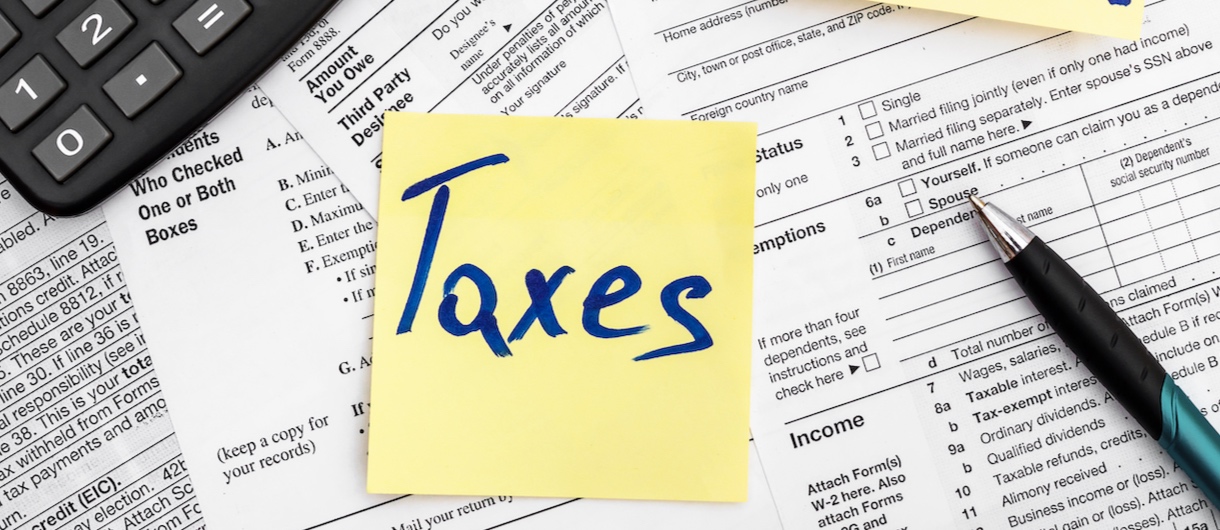
Here is a guide to make clear the process of how Shanghai's tax payments are collected and what is special for the expat community in tax payments.
The guide is divided into three parts and the following is the third part.
Q: Under what circumstances will a foreign individual be recognized as a resident individual?
A: An individual who has a domicile in China or has no domicile but has resided in China for a cumulative period of 183 days within a tax year is a resident individual.
Q: Under what circumstances will a foreign individual be recognized as a non-resident individual? What is a non-resident individual?
A: Non-resident individual refers to an individual who has neither a domicile nor a residence in China, or who has no domicile and have not resided in China for a cumulative period of 183 days within a tax year.
Q: Can foreigners who are tax residents enjoy tax-free treatments, including housing subsidies, language training and children's education fees, along with special additional deductions?
A: 1. During the period from January 1, 2019 to December 31, 2027, foreign individuals who are Chinese tax residents may choose to enjoy the special additional deduction of individual income tax, or the tax-free treatment of housing subsidies, language training and children's education fees, but cannot enjoy them at the same time. Once selected, it's not allowed to change within the tax year.
2. From January 1, 2028, foreign individuals will no longer enjoy the tax-free treatment of housing subsidies, language training and children's education fees, but can enjoy special additional deductions according to the law.
Q: How can foreign individuals enjoy the exemption from individual income tax after obtaining relevant subsidies?
A: Foreign individuals who obtain the above subsidies must provide relevant vouchers and supporting materials in accordance with the provisions of Guo Shui Fa 国税发 [1997] No. 54 when declaring or withholding individual income tax.
Q: How do foreign individuals pay individual income tax if they have resided in the PRC for a cumulative period of 183 days in a year?
A: Individuals who have a domicile or haven't a domicile but have resided in the PRC for a cumulative period of 183 days in a tax year, are Chinese tax residents.
Individual income tax should be paid in accordance with law on income derived by the tax residents from within and outside the territory of the PRC. Individuals who have no domicile in the PRC but have resided for a cumulative period of 183 days and less than six consecutive years will be exempted from individual income tax on income derived from sources outside the PRC and paid by units or individuals outside the PRC after filing with the competent tax authorities.
In the case of a leave of more than 30 days within a tax year in which the person has resided in the PRC for a cumulative period of 183 days, the consecutive years shall be recalculated.
Q: What should be done if a non-resident individual without a domicile becomes a tax resident by extending stay days and has reached the threshold conditions?
A: If an individual without a domicile was determined in advance as a non-resident individual and then meets the threshold conditions due to the extension of residence days, the tax-withholding method for him/her will remain unchanged within a tax year, and the final settlement will be handled in accordance with the relevant provisions of Chinese tax residents after the end of the year.
However, if the individual leaves the country in the current year and is not expected to re-enter within the same year, the final settlement of the Individual Income Tax can be made before leaving the country.
Q: What should be done if a pre-determined tax resident without a domicile no longer meets the threshold conditions due to the shortened residence days?
A: If an individual without a domicile is determined in advance as a tax resident and no longer meets the threshold conditions due to the shortened residence days, he/she shall report to the competent tax authority within 15 days from the date when the conditions cannot be met to the end of the year, recalculate the tax payable amount and pay the tax repayable as non-resident individual.
There will be no late payment fee for underpaid tax in such a situation, and if the change leads to a tax refund, it shall be handled according to the provisions.
Q: How is the income from wages and salaries earned by non-resident individuals taxed?
A: When withholding agents pay wages and salaries, labor services remuneration, author remuneration and royalties to non-resident individuals, they shall withhold and remit individual income tax on a monthly or case-by-case basis as follows:
For wages and salaries of non-resident individuals, the taxable income will be the balance of monthly income minus expenses of 5,000 yuan. The calculation of tax payable applies to the monthly tax rate table of non-resident individuals after monthly translation.
Taxable payable = taxable income × tax rate - quick calculation deduction
Q: How is the income from labor services remuneration earned by non-resident individuals taxed?
A: When withholding agents pay labor services remuneration to non-resident individuals, they should withhold and remit individual income tax on a monthly or case-by-case basis as follows:
For labor services remuneration of non-resident individuals, the taxable income is the amount of each income which is the balance of income minus 20 percent expenses. The calculation of tax payable applies to the monthly tax rate table of non-resident individuals after monthly translation.
If the income is one-off, it should be deemed as one case, if the income is continuous and comes from the same project, the amount earned within a month should be regarded as one case.
Taxable payable = taxable income × tax rate - quick calculation deduction

